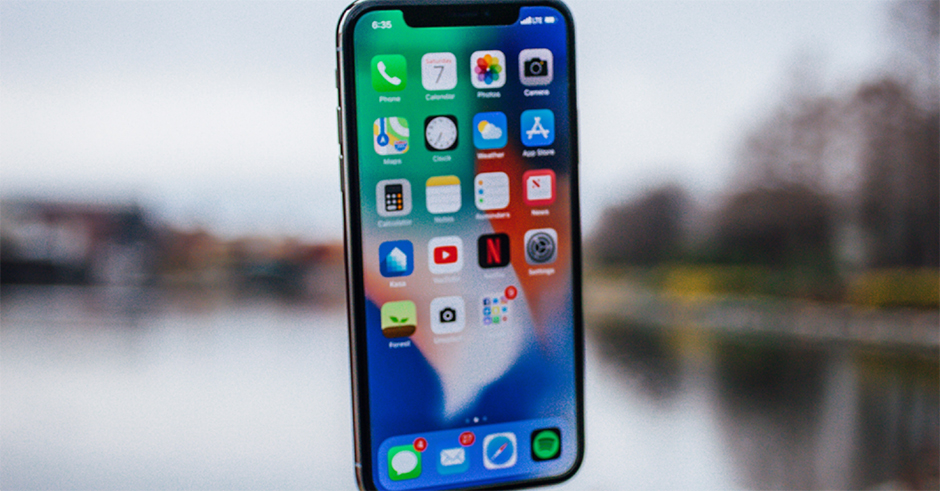

When Is It Okay to Use Personal Devices at Work?
Nurses are often asked to work long hours and, like most professionals, they like to send personal texts and emails while on the job. Even with breaks and meals, being away from their phones for long periods of time can be challenging for some nurses, especially if they have children and familial responsibilities.
Thanks to the rise of telehealth and electronic health records, using digital communication devices on the job has become second-nature for many nurses and care providers. Several healthcare facilities have issued communication devices to staff members or asked nurses to use their own devices. However, with HIPAA and patient privacy concerns, some nurses may be disciplined for this if it isn’t done at appropriate times. Learn more about texting at work, including when it’s appropriate and when it could get you into trouble.
How Many Nurses Use Mobile Devices at Work and for What?
Studies show the majority of nurses use mobile communication devices at work, such as smartphones and tablets. Excluding lunches and breaks, just 5.65% of the nurses surveyed said they never use their personal communication devices at work. Of those that said they do use them at work, most nurses reported using these devices for work-related activities:
Fewer nurses said they use personal devices on the job for nonwork-related activities:
How Do Nurses Feel About Using Mobile Devices at Work?
As it turns out, nurses aren’t exactly thrilled about using these devices on the job. Just a fraction of nurses in the survey said that using personal devices on the job has had a positive effect on their work:
On the other hand, a majority of the nurses that participated in the survey (69%) said these devices are doing more harm than good:
What You Need to Know About Using These Devices at Work
The use of digital communication devices at work is raising issues of patient and employee privacy and security. Under HIPAA, facilities “must implement device and media controls as a part of their physical safeguards.” HIPAA defines those safeguards as “policies and procedures that govern the receipt and removal of hardware and electronic media that contain protected health information into and out of a facility, and the movement of these items within the facility.”
Many healthcare facilities have introduced bring your own device (BYOD) policies, which means nurses and other care providers are encouraged, if not required, to use personal communication devices for work-related purposes, including interfacing with colleagues, coordinating care, and accessing EHRs.
But nurses need to understand that the facility may need to audit their personal communication devices if they’re being used for work-related activities. Nurses may also be restricted in terms of what apps they can use and where they store work-related information on their phones. The facility will also need to keep a record of which employees are using personal devices and where and how they’re being used in the facility, in case one of these devices is lost or stolen.
Disciplinary Action for Texting at Work
Nurses could face disciplinary action, be terminated, or even face legal consequences for using these devices on the job in ways that violate HIPAA policy or the facility’s employee guidelines.
One nurse recently spoke about how her employer took disciplinary action against her for sending a personal text message at work. The employer charged the nurse with “improper telephone communication”. The nurse now fears being terminated from her position or being reported to the state board of nursing. The text message, which can be used as evidence against the nurse, was eventually shown to the employer. It remains unclear whether the nurse was using a personal communication device or one that was issued by her employer.
If the nurse is terminated, she may be able to appeal the termination if she feels the decision was unfair or inconsistent with the employer’s policies for smartphone use. The state nursing board may decide to further penalize the nurse if her employer decides to terminate her. The nurse will have to explain the termination to the state nursing board. The board will then decide if the nurse should be allowed to continue practicing as a registered nurse.
Nurses should always have a clear understanding of their facility’s device and communication policies for both personal devices and work-issued devices as well as state nursing rules. If a nurse has any questions about where they should keep these devices, which apps they can use, and whether these devices will be audited, they should speak directly to their managers or an HR representatives.
The use of digital communication devices continues to cause confusion among care providers, so everyone should feel comfortable speaking up and asking questions about how they should be using these devices.
In a shocking incident on December 4, 2024, Brian Thompson, the CEO of UnitedHealthcare, was…
In an unprecedented step toward financial relief and health equity, the city of St. Paul,…
In early November 2024, a shocking tragedy unfolded in Budapest, Hungary, as American nurse Mackenzie…
If Robert F. Kennedy Jr. were to assume leadership of the U.S. Food and Drug…
On November 1, 2024, federal authorities charged 38-year-old Rebecca Fadanelli, owner of Skin Beaute Med…
In a quaint little restaurant in Echo Park, an up and coming author is sitting…